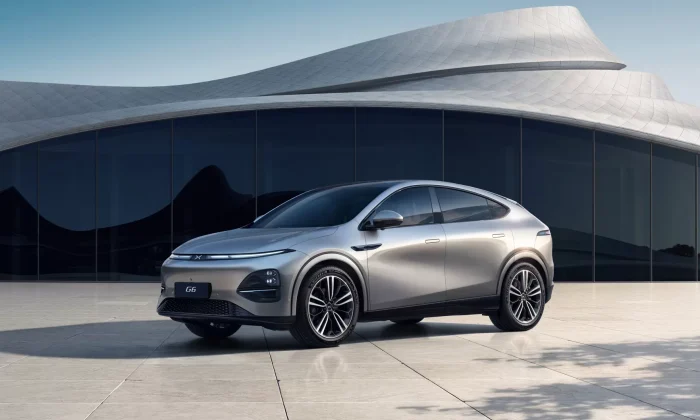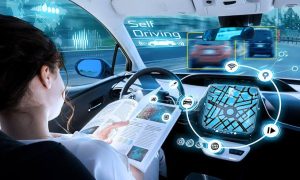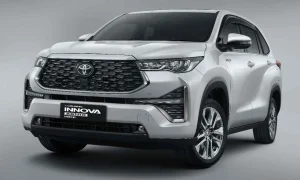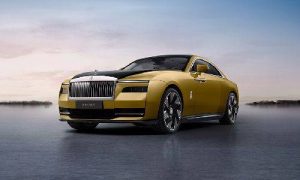
The rise of electric cars has become one of the most notable shifts in the automotive industry. Once considered a niche product, electric vehicles (EVs) are now taking the global market by storm, with more and more drivers opting for them every year.
But what exactly is driving this rapid increase in electric vehicle adoption? From environmental concerns to advancements in technology, there are several key factors that explain why electric cars are becoming more prevalent.
1. Environmental Awareness and Sustainability
One of the biggest driving forces behind the surge in electric car sales is growing environmental awareness. With climate change becoming an ever-more pressing issue, there is a global push to reduce carbon emissions. Traditional gasoline-powered cars contribute significantly to air pollution and greenhouse gas emissions, which is why many people are making the switch to EVs to reduce their carbon footprint.
Electric cars produce zero emissions when in use, which makes them a cleaner alternative to fossil-fuel-powered vehicles. As more individuals and organizations seek to become more environmentally responsible, electric cars offer an appealing solution to help achieve sustainability goals.
2. Government Incentives and Regulations
Governments around the world are playing a crucial role in accelerating the adoption of electric cars. Many countries have introduced subsidies, tax credits, and other incentives to make EVs more affordable. For instance, in the United States, consumers can receive up to $7,500 in federal tax credits for purchasing an electric vehicle, and various state programs offer additional rebates.
On top of financial incentives, stricter environmental regulations are also prompting manufacturers to produce more EVs. Countries like the UK, Norway, and parts of Europe have set ambitious targets to phase out gasoline and diesel vehicles, aiming for 100% electric vehicle sales within the next few decades. These regulations push car manufacturers to invest in EV technologies and accelerate production to meet future demand.
3. Advancements in Battery Technology
A significant barrier to the widespread adoption of electric vehicles has always been the cost and performance of their batteries. However, recent breakthroughs in battery technology have made EVs much more practical and affordable. The development of lithium-ion batteries, which are now more efficient and have a longer range, has alleviated concerns about driving distance and charging times.
Battery costs have also dropped significantly in recent years, making electric cars less expensive to produce. This decrease in cost has been passed on to consumers, making EVs a more viable option for the average car buyer. Additionally, many electric vehicles now come with ranges that are competitive with gasoline-powered cars, meaning that range anxiety is no longer a major concern for most drivers.
4. The Shift Toward Clean Energy
Another reason why electric cars are becoming more popular is the broader shift toward renewable energy sources. As more homes and businesses switch to solar power, wind power, and other green energy alternatives, the environmental impact of charging an electric car decreases significantly.
In regions where electricity is increasingly generated from renewable sources, driving an electric car becomes even more eco-friendly. For instance, in places with abundant solar or wind energy, an electric vehicle can be powered entirely by clean energy, further reducing its carbon footprint.
5. Improved Infrastructure and Charging Networks
One of the challenges in the early days of electric cars was the lack of charging infrastructure. However, the situation is improving rapidly. Charging stations are now more widespread, with networks of fast-charging stations popping up along highways, in urban centers, and even in homes.
The convenience of charging has made it easier for people to switch to electric cars. With the ability to charge at home overnight, and increasingly fast public charging options that can top up a battery in less than 30 minutes, drivers can now enjoy the same level of convenience that they have with traditional vehicles.
6. Rising Fuel Prices and Operating Costs
As fuel prices continue to rise, the cost of maintaining and operating a gasoline-powered car becomes less attractive. Electric cars, on the other hand, offer significant savings in terms of fuel costs. The price of electricity is generally lower than gasoline, and because EVs have fewer moving parts, their maintenance costs are also lower.
Over time, the savings on fuel and maintenance can make electric cars more economical than their gasoline counterparts. With the price of electric cars dropping, the total cost of ownership is now more competitive, which makes them an appealing option for budget-conscious consumers.
7. The Role of Automakers and Industry Innovation
The automotive industry is evolving rapidly, and car manufacturers are taking notice. Major automakers, from Tesla to Volkswagen, are investing heavily in electric vehicle development. Tesla, for example, has become a leader in the EV market, known for its high-performance electric cars that offer long ranges and cutting-edge technology.
In addition to traditional automakers, new electric vehicle startups are also entering the market, offering a variety of models to suit different consumer needs. From luxury sedans to affordable hatchbacks, electric cars now come in a wide range of styles and price points, making it easier for consumers to find the right car for their needs.
8. Changing Consumer Preferences
Finally, consumer preferences are shifting. More people are looking for clean, high-tech alternatives to traditional vehicles. The appeal of electric cars goes beyond environmental concerns; many consumers are attracted to the advanced technology and innovative features that EVs offer.
Electric vehicles often come with features like autopilot capabilities, over-the-air software updates, and futuristic designs. Younger generations, who are particularly environmentally conscious and tech-savvy, are driving much of the demand for electric cars. As electric vehicles become more mainstream, their appeal continues to grow.
The rise of electric cars is not just a passing trend—it’s a revolution in the making. With a combination of environmental awareness, advancements in technology, government support, and changing consumer preferences, electric cars are set to play a key role in shaping the future of transportation. As the automotive industry shifts toward a greener and more sustainable future, it’s clear that electric vehicles will be at the forefront of that transformation.





